Jane Frances
19 November 2019
Jane Frances
Jane Frances is a psychotherapist and was for many years Schools Specialist and Policy Advisor in Education at Changing Faces, UK. She is an expert in the psychology of visible difference.
She tells us of how findings from psychological research can help parents and teachers of children with Neurofibromatosis to better support them.
“I have worked with a lot of children with many conditions including NF, and I’ve found that the responses by other people to visible difference is pretty standard across conditions. The advice I give is based on research. ‘Common sense’, however well-intentioned, can lead to counterproductive interventions.
For example, if a child is staring at a child with a visible difference, the ‘natural’ reaction of the teacher is to say, ‘you mustn’t stare’. The result is that children learn to turn away, and the child with the difference feels even more isolated.
A better response is for the teacher to tell the staring child, ‘if you find yourself staring, smile and say ‘Hello, my name is Jane. What’s your name?’’
It is even more important that parents or the teacher coach the child who has NF to handle other children’s curiosity. The best strategy is for the child with NF to have something to say, like: ‘Don’t mind my lumps and bumps. I’ve got NF. Have you got something interesting about you?’ It is always good to round off with a question and engage – curiosity is the beginning of a relationship.
If the child is shy and nervous, the teacher might need to say, ‘Oh you’ve noticed Timothy’s unusual face. Well that’s the way Timothy’s face is, and did you know Timothy has a pet cat?’
We know from countless studies that it is harder for a child who looks unusual to make and keep friends. This is caused not by an aversion to the unusual face, but by an aversion to the stigma. The key, therefore, is to reduce or eliminate the stigma. The conversational strategies above will help. A curious stare is a door to a conversation and possible relationship.
Teachers’ expectations are also key: they need to hold in their heart really positive hopes for this child’s future. Many studies confirm the ‘Pygmalion Effect’: that lower expectations lead to lower results. Teachers aren’t doing children a favour by going easy on them. The child needs tough, high expectations.
These are just a few tips. You can get more information and resources for tackling issues of face equality and the impact of appearance at changingfaces.org.uk.”
– Jane Frances"The best strategy is for the child with NF to have something to say, like: ‘Don’t mind my lumps and bumps. I’ve got NF. Have you got something interesting about you? "
Filter News
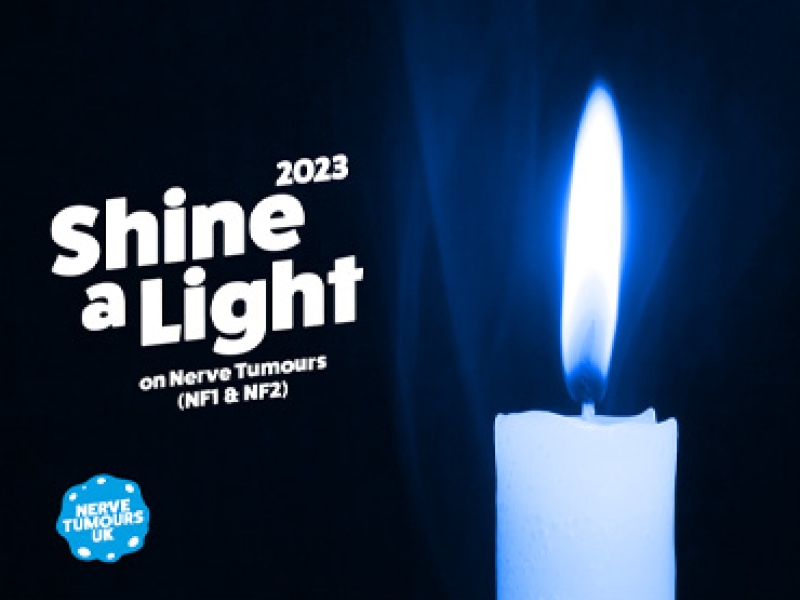
Shine a Light May 2023
Shine A Light Activities during World NF Month May 2023 - Get Involved!
Read More_370x280_800_600_s_c1.jpg)
Charlotte’s NF1 story
Charlotte and her brother & dad have NF1. She is running the Shine a Light Marathon during May to raise awareness
Read More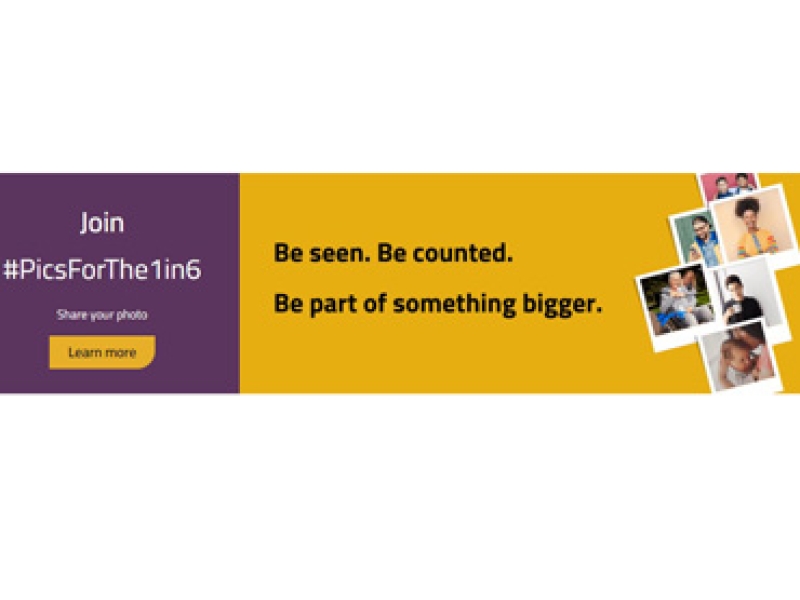
Be seen, be counted: #PicsForThe1in6
Be part of the Neurological Alliance's photo collage, representing people with neurological conditions
Read More
Understand the experience of adults living with Neurofibromatosis Type I with Plexiform Neurofibromas (NF1 PN)
Research to understand the reality of the NF1 PN journey from diagnosis to daily life, and the emotional impact that has
Read More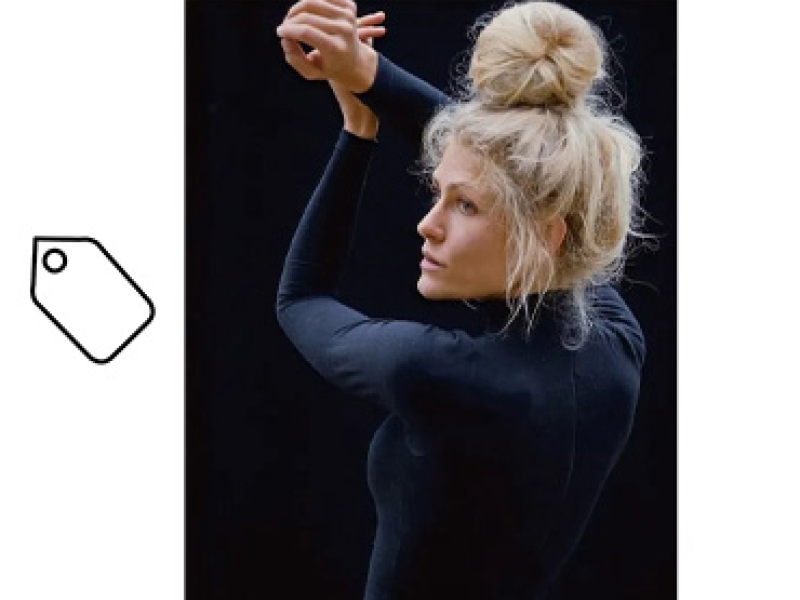
Nerve Tumours UK Art Drop 17 May 2023
White Label Editions & artist Anna van den Hoelden are fundraising by selling unlimited prints of World Strips III on 17 May
Read More
Stand up for Nerve Tumours UK Comedy Fundraiser
Join us on #WorldNFDay for a night of comedy at the Union Chapel, London
Read More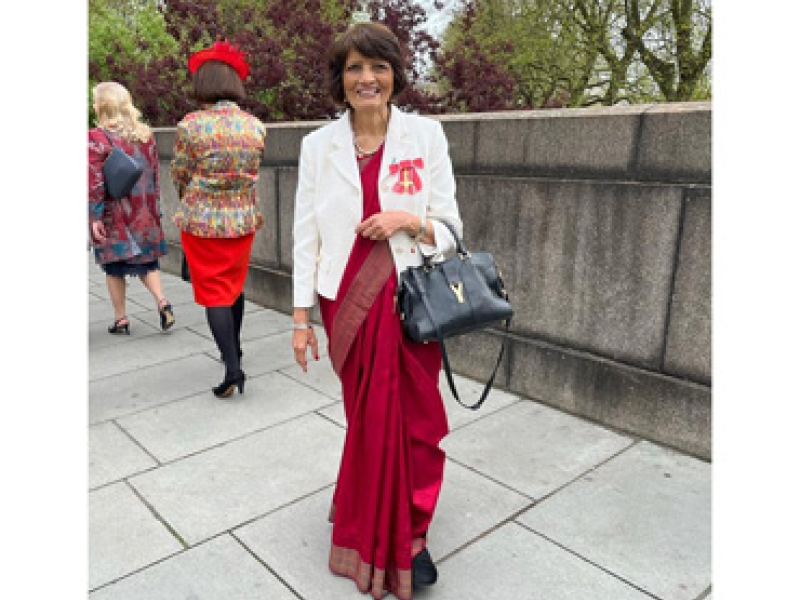
Prof. Meena Upadhyaya, OBE, shares her memories of attending the Coronation
Read more about a special day for Professor Meena Upadhyaya, Trustee & Member of the Nerve Tumours UK MAB
Read More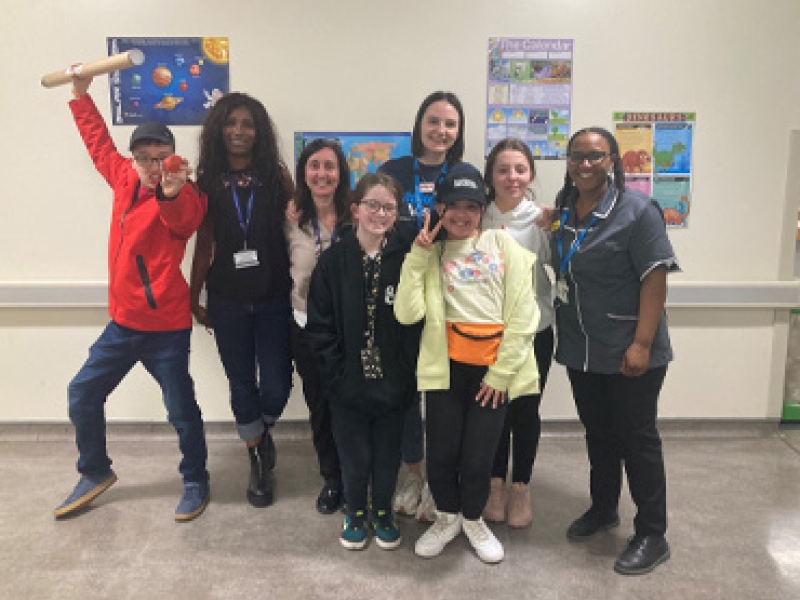
Teenage Transition Day, Guy’s Hospital NF Centre
Guy's Hospital Neurofibromatosis Centre celebrate the success of their first teenage day since COVID
Read More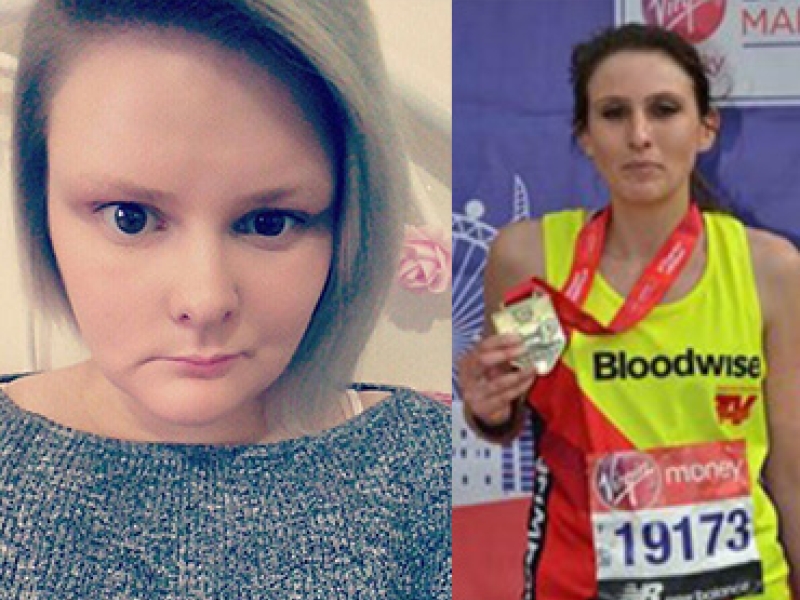
India’s NF2 story & Jasmin’s ultramarathon
India describes her NF2 diagnosis & surgery - her older sister Jasmin is fundraising for NTUK with a 50k ultramarathon!
Read More

